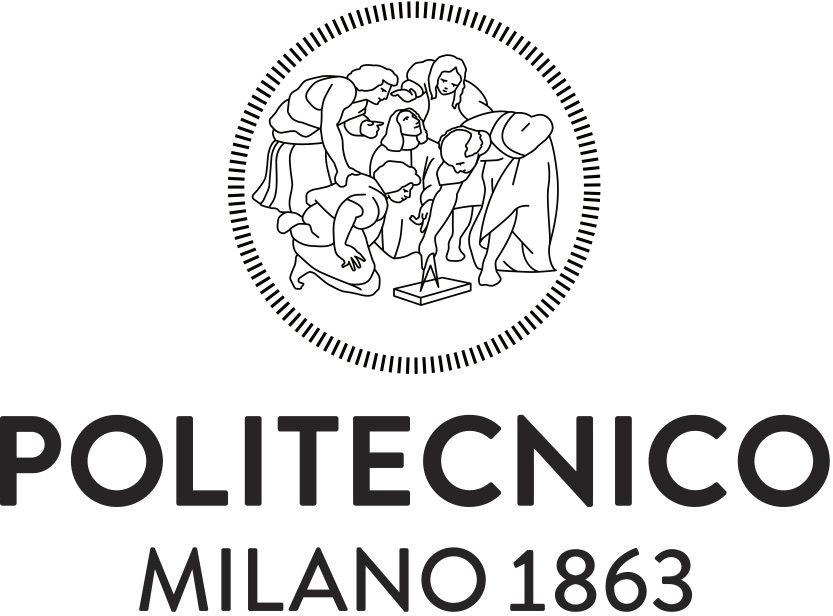
I’m Marco Brambilla, I’m full professor of computer science and engineering at Politecnico di Milano, Italy.
I lead the Data Science Lab at Politecnico di Milano, DEIB.
I’m the director of the Computer Science and Engineering B.Sc. and M.Sc. curricula at Politecnico.
My current research interests are AI Explainability and Transparency, Web Science, Big Data Analysis, Social Media Analytics, and Model-driven Development.
I’m the co-inventor of the Interaction Flow Modeling Language (IFML) standard by the OMG, and of 2 patents on crowdsourcing and multi-domain search.
I have been involved in the creation of four startups: WebRatio, Servitly, Fluxedo, and Quantia.
You can find my publications on Google Scholar or Scopus.
My ORCID ID is 0000-0002-8753-2434
I teach:


